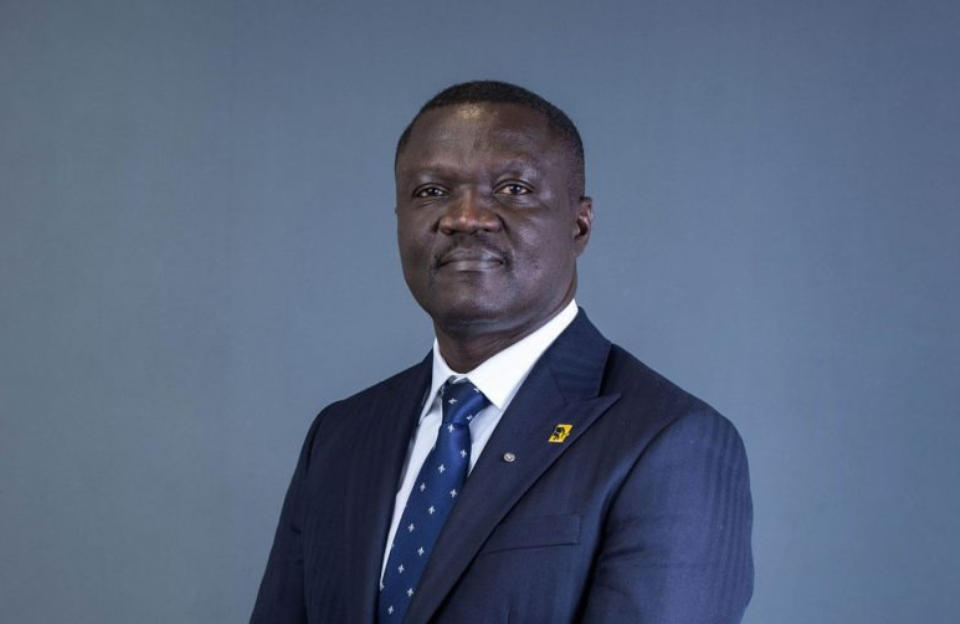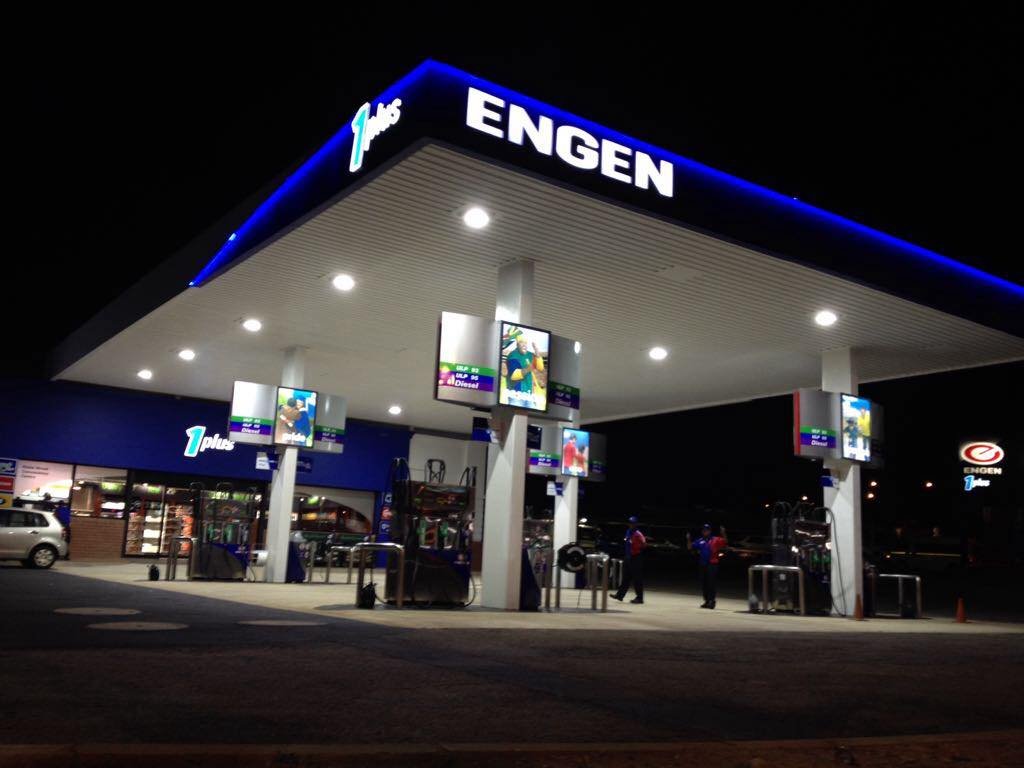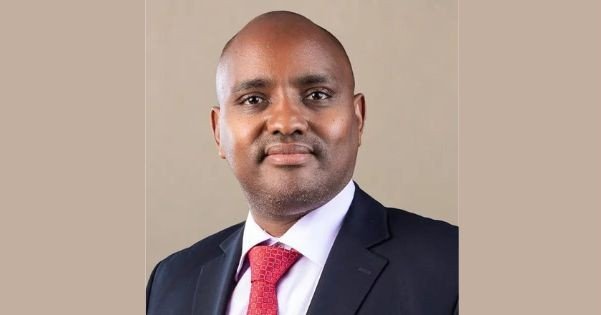
Uniform Capitalisation Could Spike Non-Performing Loans – Royal Bank Boss
Managing Director of The Royal Bank, Osei Asafo-Adjei, has added his voice to calls that the Central Bank should not force all banks to attain the same level of capitalisation, saying it could lead to excess capital for some banks, which they could lend to sectors they have no expertise in.
When that happens, he said, non-performing loans, which currently stand at GH¢7.15billion in April 2017 from GH¢ 5.74billion in April 2016, representing a 24.5percent increment, could rise further and lead to a possible collapse of more banks
“Banks should not be forced to do what Bank of Ghana wants us to do. Most institutions do not have the same interest. Some banks want to be called corporate banks and do big ticket transactions, others want to do mortgage banking; some want to do retail banking, and the rest want to focus on Small and Medium Enterprises (SMEs),” he said.
“If you are asking all these banks to have the same capital, my fear is that there could be excess capital in the system because if my specialisation is retail banking, I may not need the high capital and I could be overcapitalised.
What excess capital means is that because I am not working my capital adequately, my return on assets, and return on equity will be so low I could collapse because of excess capital and also because shareholders will not be happy with me,” he said.
Mr. Asafo-Adjei’s call comes on the back of an announcement by the Finance Minister, Ken Ofori-Atta, that the government will announce a “substantial” increment in the minimum capital requirement for the banks in three weeks.
The Finance Minister recently told bankers that an increment was needed to strengthen the banking industry, especially the local ones, and encourage mergers and acquisitions while positioning them to help support the government’s aggressive industrialisation agenda.
Former Managing Director of uniBank, Felix Nyarko-Pong, earlier this year, said that the aggressive recapitalisation, which could force mergers and acquisitions, should not be forced on banks.
He argued that financial institutions should be allowed to play in economic sectors they are comfortable with and have the financial muscle to operate in.
“If I want to do small businesses or SMEs, I should not be forced to raise the big capital that the infrastructure focused banks should raise. Nobody should force you. Why have we liberalised the market?” he said.
On Monday, the Central Bank announced it had revoked the licences of two indigenous banks, UT and Capital, and their subsequent takeover by GCB Bank, the largest local bank in the country.
According to Mr Asafo-Adjei, banks should be segmented into areas where their interests strongly lie and capital requirements should be risk-appetite based on managed on regulatory ratios or tiered basis.
“We should go back to the segmented banking systems of old, where we had development banks, merchant banks, housing banks and others. During those times, banks like the Bank for Housing and Construction, Co-operative Bank collapsed, not because of the segmentation, but, because of managerial deficiencies,” he said.
Mr. Asafo-Adjei noted that when the Nigerian Central Bank increased the capital of the banks, the industry saw a rise in Non-Performing Loans (NPLs), because after the banks raised the new capital, there was so much to lend, and they went lending to sectors they could not control, leading to high default rates.
“It happened in Nigeria where there were 89 banks and they were all forced to merge and within a very short time there were 25 banks. What happened was that the Nigerian banks were so overcapitalised and between 2006 and 2010, the NPLs in Nigeria shot up because there was too much money and shareholders are expecting returns and so they were forced to lend,” he said.



















